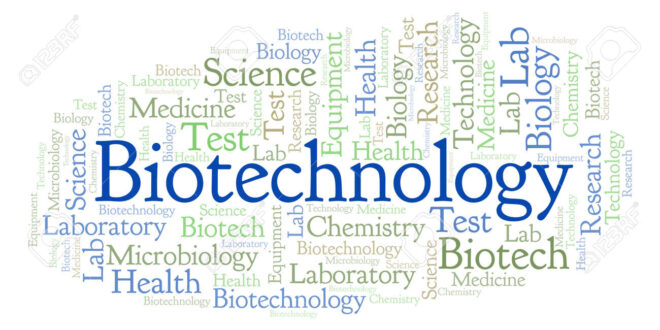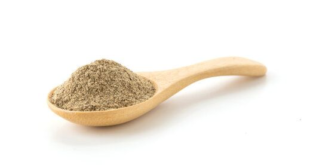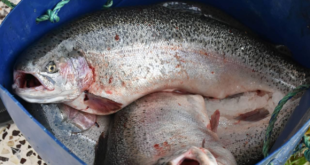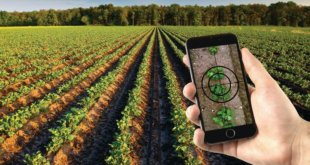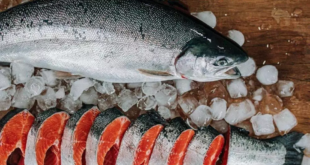Dominican Republic: Agricultural Biotechnology Annual
The Dominican Republic continues to be a strong market for U.S. bulk agricultural products (corn), intermediate goods (soybean meal), and high value consumer-oriented products (processed food products), reaching a total export value of $1.4 billion in 2019. Despite a 2015 law that explicitly states the need for mandatory labeling of genetically engineered (GE) products that could potentially affect imports of GE raw materials, the law has yet to advance along the path to implementation and is not expected to do so in the short term.
Mexico: Agricultural Biotechnology Annual
Mexico has not approved any biotechnology food or feed products since May 2018 and there is no official indication when approvals will resume. In 2019, Mexico stopped approvals of glyphosate imports and rejected all permit applications for cultivation of genetically engineered (GE) cotton, citing the precautionary principle. Cotton is the only GE crop planted in Mexico. In 2020, the denial of cultivation permits, together with the lack of GE seeds, low glyphosate stocks, and reduced global demand for textiles and clothing, resulted in an estimated 36 percent annual decrease in the area of GE cotton planted in Mexico. Mexico is one of the world’s largest importers of GE corn and soy.
Poland: Agricultural Biotechnology Annual
Poland opposes of the use of genetic engineering (GE) in agriculture. Although the current regulatory framework technically allows GE seeds to enter commerce, the law stipulates they cannot be planted. Poland’s 2006 Feed Act includes provisions banning livestock feed containing GE ingredients. In December 2020, the Government of Poland (GOP) issued a two-year postponement of the provisions which ban GE feed ingredients, including U.S. soybean meal, until January 01, 2023. These provisions have never been enforced and have been postponed several times previously since 2006.
United Kingdom: Agricultural Biotechnology Annual
The United Kingdom (UK) is approaching the end of the transition phase of departure from the European Union (EU). On January 1, 2021, the UK will be responsible for risk assessing and approving new applications for products of genetic engineering. The UK has retained all EU regulation pertaining to cultivation of “Genetically Modified Organisms (GMOs)” and imports of “GMO” food and feed products. However, recent statements from Cabinet level politicians indicate a willingness to explore a more proportionate approach to regulation of products derived from simple genome editing.
Source: USDA, Foreign Agricultural Service (FAS)
 THE GLOBAL WINDOW OF TURKISH FOOD AND AGRICULTURE The Global Window of Turkish Food and Agriculture Sector
THE GLOBAL WINDOW OF TURKISH FOOD AND AGRICULTURE The Global Window of Turkish Food and Agriculture Sector


